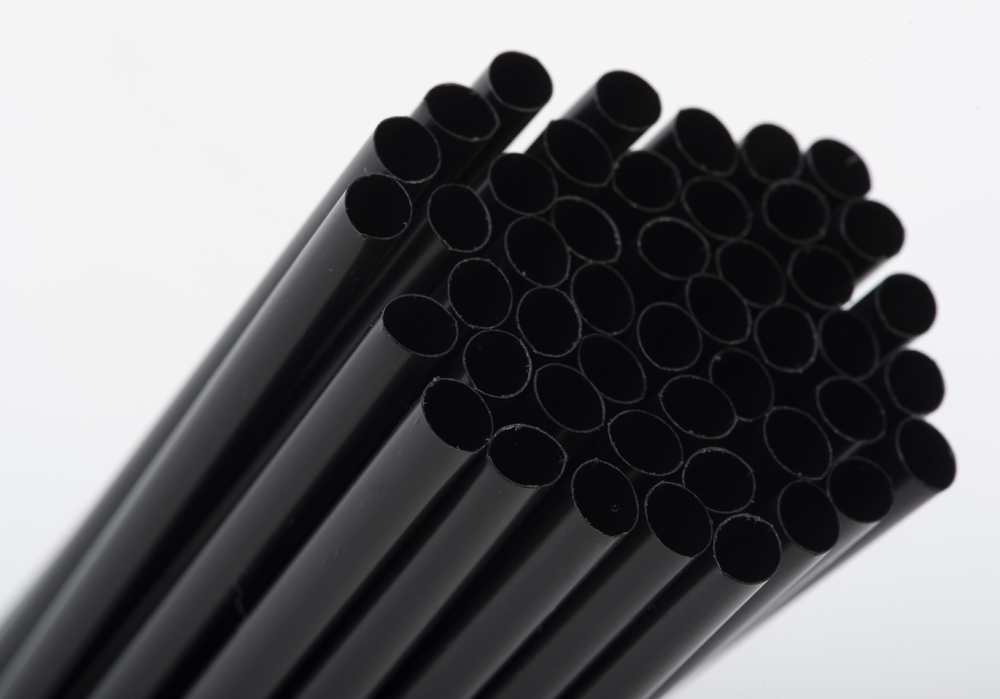Not all plastics are created equal. However, the terms biodegradable and compostable are still often used interchangeably when describing environmentally friendly products, particularly bags.
When you hear of biodegradable bags, you’ll probably buy them because you want to help the environment. Just like many others, you would think that biodegradable bags will go back to nature and not rot in a landfill. That’s the tricky and confusing part. Biodegradable and compostable plastic bags may sound the same and both good for the environment, but they are not.
Biodegradable vs Compostable bags
Plastic bags that are compostable are biodegradable, but not every plastic that is biodegradable is compostable. You’ve probably heard of this. But what does it mean?
Regular plastic is made from petrochemicals. This synthetic material is resistant to breakdown, and it can last for hundreds of years because of its long polymer chains.
Meanwhile, biodegradable plastic, although also made from petrochemicals, is made differently so it will break down more quickly in the presence of air and light. It contains additives, which are typically organic compounds, to cause the plastic to degrade. Biodegradable plastic bags may be labelled as oxydegradable or photodegradable.
The term biodegradable means the material can be broken down by microorganisms and assimilated into the natural environment. A naturally occurring process, biodegradation is when an object degrades into its simple components. It can be anaerobic or aerobic (without or with air) and can result in the production of carbon dioxide, methane, mineral salts, water and biomass, depending on the environmental condition where the process occurs.
Everything is biodegradable given the time. It can take anywhere from a few days (for vegetable scraps) to 500 or more years (for plastic bags), but biodegradation takes less time when there is oxygen. In other words, you can’t throw a biodegradable bag on the compost pile and expect it to decompose immediately. If the temperature and other factors are not right, it won’t. The length of time needed to biodegrade a material depends on its chemical composition and other variables like the presence of water, oxygen and light, as well as temperature.
That’s one of the main differences between biodegradable and compostable plastics. While biodegradable bags can take an undetermined time to break down, compostable bags will decompose into natural elements within a specific time frame and under certain conditions. They need microorganisms, heat and humidity to obtain a finished compost product.
Additionally, compostable bags don’t just break down. They don’t produce toxic materials as they decompose. As home compostable bags break down, they turn in compost over time, adding valuable nutrients to the soil. They completely decompose in a composting setting in a specific time frame without leaving harmful residues behind.
You can use compostable bags to line your kitchen caddy for food scrap collection and then place them into the food and garden organics bin.
Advantages of using compostable bags
As one of Australia’s leading suppliers of compostable packaging, Bonnie Bio invested a lot of time, effort and resources in developing our products. With the increased use of sustainable packaging and to reduce our reliance on fuel-based plastic in mind, we came up with reliable packaging solutions made from the following materials.
- They are not made from fossil fuels.
- They are made from renewable plant resources.
- They use less carbon than other packaging types.
- They are better for the environment.
- They are free of toxins and allergens.
- They are certified to be compostable.
- They eliminate the breakdown of toxic gasses.
- They are thick bags and unlikely to split when carried at short distances.
- They fit into standard-sized trash bins.
- They break down well with moisture.
- They reduce the volume of wastes that end up in landfills.
Are compostable plastic bags really compostable?
Compostable plastic bags are really compostable. They can disintegrate into non-toxic, natural elements at a rate that’s consistent with similar organic materials.
To be considered compostable, plastic bags should satisfy the following criteria:
- Must physically disintegrate to the point that they are not easy to distinguish from the finished composted product
- Microorganisms must consume them at a rate similar to those of other known compostable products
- The resulting product must not be harmful or should not decrease plant growth.
Compostable bags in Australia should meet the Australian Standard for compostability AS4736 in order to be classified as compostable.
What are compostable plastic bags made of?
Compostable bags are usually bioplastics. They are made of organic, renewables sources like natural plant starch or vegetable matter, including corn or potato starch. When degraded, these plastics do not produce any toxic materials. They break down easily under a composting system with the help of microbial activity to form compost.
Can you put biodegradable bags in compost?
Biodegradable bags cannot be put in your compost container. These bags will only break down into smaller parts after disposal, but they are not compostable. This means that their smaller bits will not provide any nutrients when used as compost. Biodegradable bags should only be used for and placed in the general waste bin. Also, they should not be used to set out your additional organic material. Only compostable bags should be home composted.
Where to buy compostable bags?
If you are wondering where to buy compostable bags in Australia, check out Bonnie Bio. We offer a wide range of compostable products, including bin liners, straws, cutlery, disposable gloves, food storage and dog poop bags that come in various designs. Whether it’s for home use or business use, we can supply you with quality compostable products. Our products are ideal materials for cafes, restaurants, schools, pet supply stores, grocers, gyms, domestic use and more. With our compostable products, we are making a significant impact on society. Contact us today!

